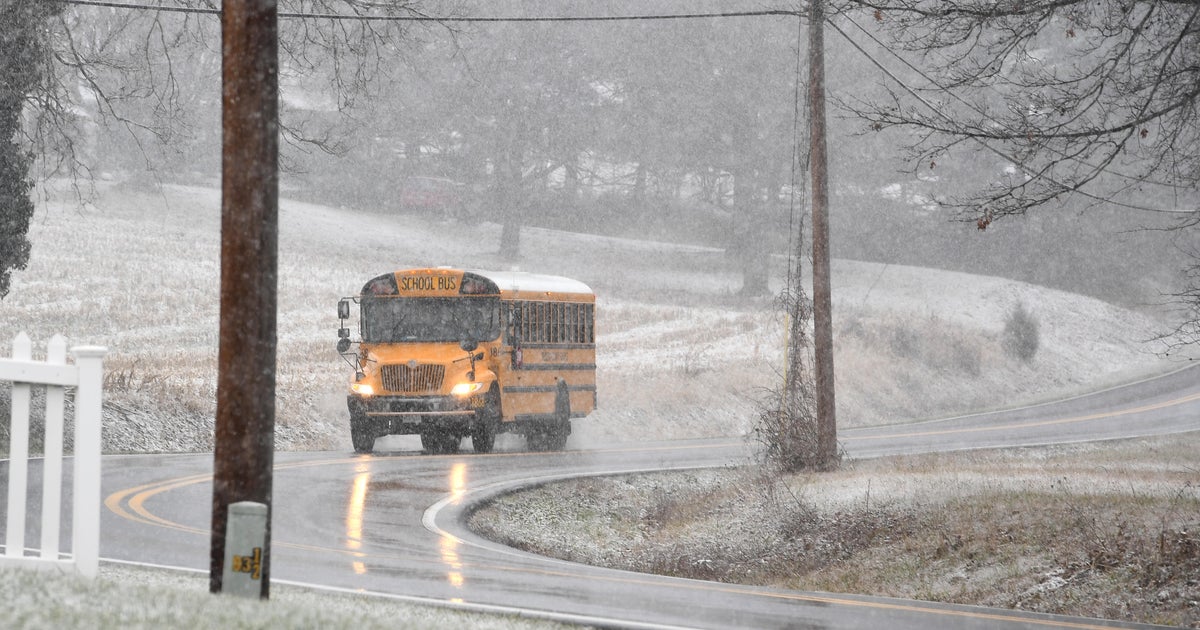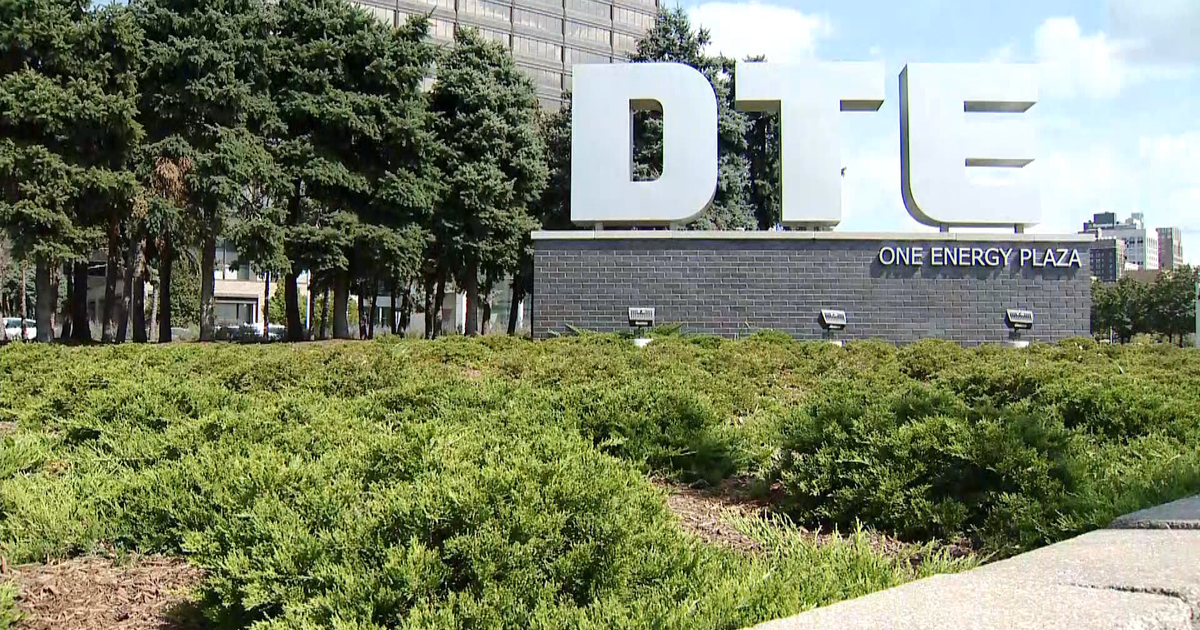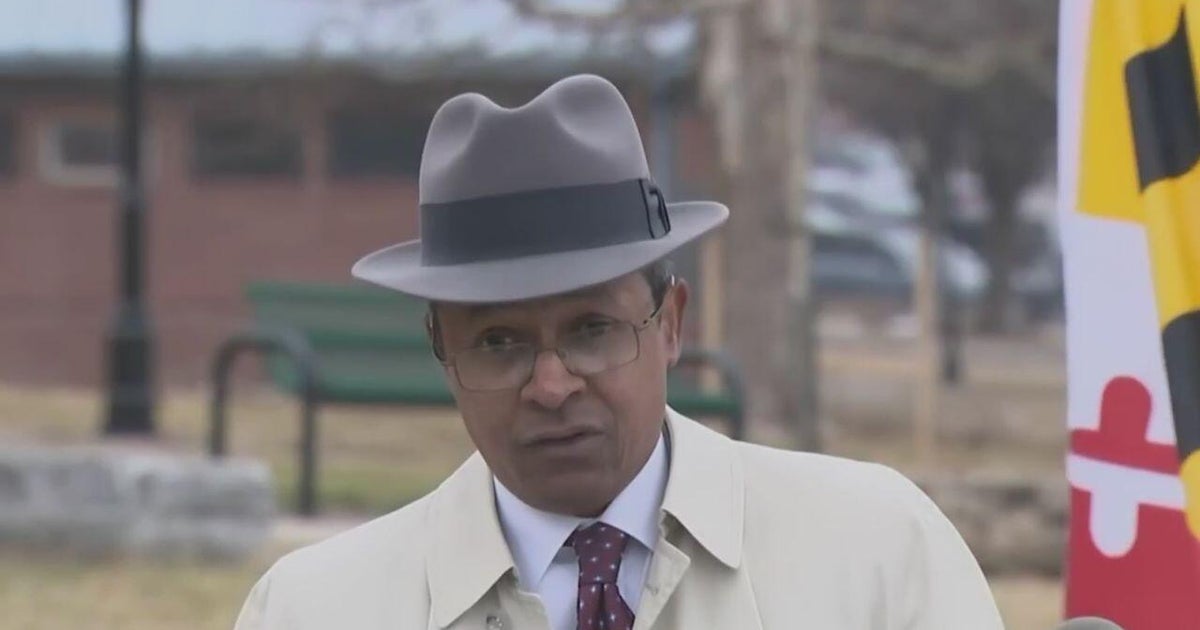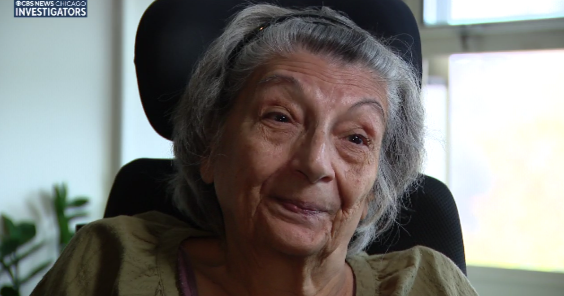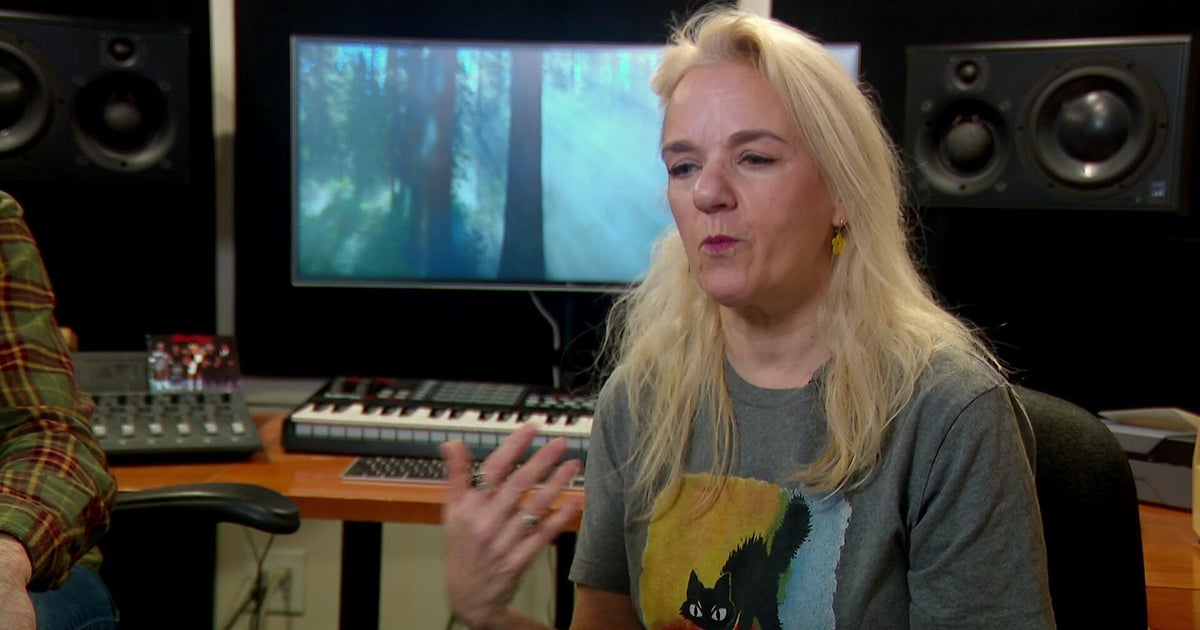Minimum Wage Raise Among New Laws Going Into Effect Saturday In Md.
ANNAPOLIS, Md. (WJZ/AP) — Maryland's minimum wage workers are getting a raise. The 50 cent hike is one of a list of new laws taking effect across the state on July 1.
The raise is only 50 cents an hour, but advocates say, it's a step in the right direction.
As a list of new laws take effect in Maryland, thousands of paychecks statewide are getting a 50 cent bump.
The latest in a gradual wage hike from $8.25, to $8.75 and now, to $9.25 an hour.
It's part of an increase former Governor Martin O'Malley approved in 2014.
"It's time - to make our economy grow! It's time!"
It's a law Maryland Working Families is cheering on.
"Well, it's a small step in the right direction. It goes up 50 cents, and it's not lost, that that's about $1,000 a year if you work full time," says Charly Carter, with Maryland Working Families.
Now, while this law affects every minimum wage worker in the state of Maryland, Baltimore City was weighing its own legislation. The fight for 15 bringing out strong opinions on both sides.
"We would need to sit down and make some decisions, especially financially. So it would make a major impact on us as a small business, financially," says Mouhcine Benkharafa at Twist Fells Point
Baltimore Bicycle works supports higher minimums. The new law doesn't impact their $11 hour starting wage.
"Really anytime the minimum wage increases, that basically the state is just subsidizing our competition less for making what we think are less than ethical business decisions," says Josh Keogh with Baltimore Bike Works.
Maryland's minimum wage will increase once again to $10.10 an hour next July.
Here's a look at new laws taking effect on July 1:
___
PLANNED PARENTHOOD
Maryland's legislature, which is controlled by Democrats, was the first in the country to pass legislation this year to backfill potential federal cuts to Planned Parenthood. Supporters say it will help protect access to preventative care services for nearly 25,000 Planned Parenthood patients at nine health centers in the state, if the federal government cuts funding.
It directs $2 million from Maryland's Medicaid budget and $700,000 from the state's general fund to family planning services. The legislature passed the bill with enough votes to override a veto from Republican Gov. Larry Hogan, and the bill became law without his signature.
___
TAXPAYER PROTECTION
Safeguards aimed at protecting Maryland taxpayers from tax fraud and identity theft take effect. The law strengthens the ability of the comptroller's office to stop tax fraud, protect taxpayer information and hold fraudulent filers and tax preparers accountable.
The law gives added responsibilities to the Field Enforcement Division of the Comptroller's Office to investigate potential tax fraud. It also allows the agency to seek injunctions against tax preparers suspected of fraudulent and criminal practices.
___
OPIOID EDUCATION
The Start Talking Maryland Act requires Maryland schools to have specific education programs on opioid addiction.
It requires public schools to include the dangers of heroin and opioids in drug education starting as early as third grade and into college. It also requires public schools to have naloxone, which can reverse opioid overdoses. Schools also are required to have staff trained to use naloxone.
___
HOMETOWN HEROES
A state tax break is going into effect on retirement income of law enforcement, fire, rescue or emergency services personnel who are 55 or older. The law exempts the first $15,000 of retirement income from state taxes.
___
MINIMUM WAGE
Maryland's minimum wage will increase from $8.75 to $9.25, part of incremental increases approved in 2014 to take place over several years.
___
CRAFT BREWERIES
Breweries will be able to sell up to 2,000 barrels of beer annually, up from 500 barrels. The change in the law was made to pave the way for Diageo to put a Guinness brewery in the former Seagram's bottling plant in Baltimore County.
The estimated $50 million project will be the only Guinness brewery in the United States. A small-scale brewing operation and taproom is expected to open this fall, with a full brewery and visitor experience slated to open in the spring of next year. The facility will brew Guinness Blonde American lager for national supply. Guinness hasn't had a brewery in the United States in more than 60 years.
In addition to being able to sell 2,000 barrels of beer a year, Maryland breweries throughout the state can ask for permission to buy another 1,000 barrels from distributors for sale in their taprooms. Breweries now open will be able to keep their hours, but new breweries will have to close at 10 p.m.
___
POLLINATOR PROTECTION
In another step to help bees, pesticides known to harm them will be prohibited on state land designated as pollinator habitat. Last year, Maryland approved a law to designate pollinator habitat on state agency lands, but it did not prohibit the use of harmful pesticides.
The new law allows exceptions for public health emergencies. It also gives state agencies freedom to designate which of their lands are protected and which are not. Last year's Pollinator Protection Act made Maryland's legislature the first in the country to restrict consumer use of neonics, pesticides known to harm bees.
___
HEALTH DEPARTMENT
The state health department is changing its name from the Maryland Department of Health and Mental Hygiene to the Maryland Health Department.
A state tax break for emergency services personnel also is going into effect, along with measures aimed at protecting bees and opening the nation's only Guinness brewery.
Follow @CBSBaltimore on Twitter and like WJZ-TV | CBS Baltimore on Facebook
(TM and Copyright 2017 CBS and its relevant subsidiaries. CBS and EYE Logo TM and Copyright 2017 CBS Broadcasting Inc. Used under license. All Rights Reserved. This material may not be published, broadcast, rewritten, or redistributed. The Associated Press contributed to this report.)
